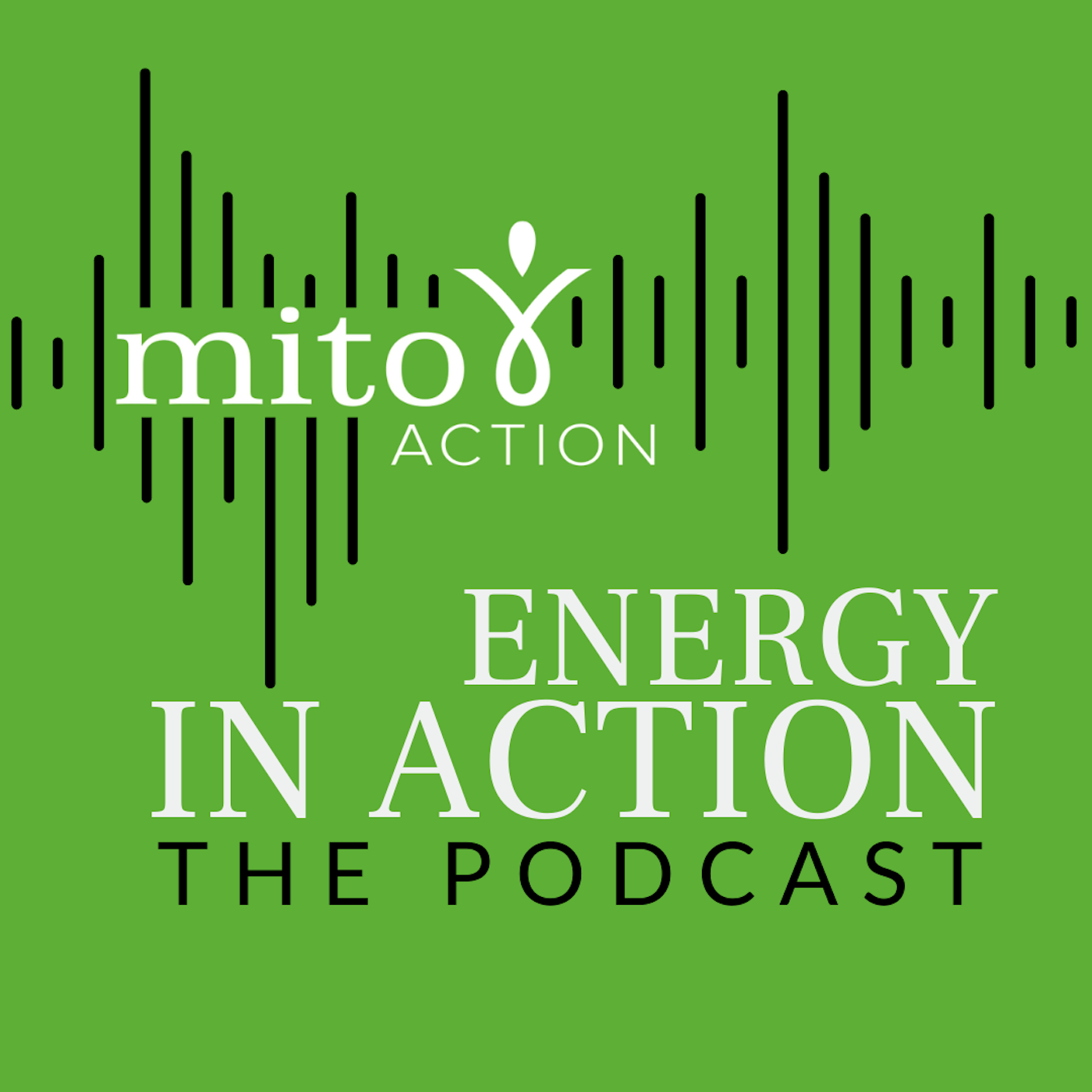ENERGY IN ACTION - EPISODE 081
Akron Children’s Hospital - Meet the Mito Clinic Team
We are joined by Dr. Iam Rossman, Dr. Stephen Steiner, Dr. Abdu Alali and Nurse Coordinator, Kim Jaaeger— all clinic members from the Akron Children's Hospital Mitochondrial Center.
EPISODE HIGHLIGHTS
What is the process for a patient to make an appointment?
We accept physician referrals and self-referrals and we see patients locally and regionally. Once a patient is accepted into the program, an authorization specialist will check benefit coverage and before the initial appointment, we have an internal discussion to formulate a care plan. A patient can expect the initial appointment to take place in as little as two months.
What pre-qualifications are required to be accepted?
We don't require a confirmed diagnosis and we also see patients who are highly suspected to have mitochondrial disorder based on clinical history, laboratory findings and family history.
What is a patient's first visit like and how can they prepare?
Just like most new patient evaluations, it's helpful to come with any data and imaging they have. Before the appointment, we will obtain records from other providers to preview as a team. Patients can expect a pretty long visit that doesn't feel rushed so we can get to know them and their medical history. Patients can make a list in advance of any questions they have along with their goals for the visit.
Can you talk about the North American Mitochondrial Disease Consortium Patient Registry and Biorepository (NAMDC) initiative and how patients can get involved?
The overarching goal is to find out more about our patients in order to help them and also future patients. One of the ways we're doing that is through obtaining samples and banking them in the repository so that researchers have access to perform high-quality research. A patient must have an established genetic diagnosis to participate.
How does a bio bank facilitate research and how are samples shared?
We collect samples with the goal to have clinical information tied to DNA available to then do further research and look at a bigger group of patients. Samples aren't associated with a patient's name. Instead they're de-identified, which allows a patient to contribute to our global understanding of a disorder and remain anonymous.
LINKS & RESOURCES MENTIONED
North American Mitochondrial Disease Consortium Patient Registry and Biorepository
https://www.clinicaltrials.gov/ct2/show/NCT01694940
Active and Enrolling Trials at Akron Children's Hospital
CONNECT WITH AKRON CHILDREN’S HOSPITAL
Akron Children's Hospital, Mitochondrial Center Website
https://www.akronchildrens.org/departments/Mitochondrial-Center.html
Phone (330) 543-6486
CONNECT WITH MITOACTION
https://www.facebook.com/mitoaction
https://twitter.com/mitoaction
https://www.instagram.com/mitoaction/
https://www.linkedin.com/company/mitoaction

Host Marcy Young sits down with Cristol Barrett O’Loughlin—founder and CEO of RareGivers—for an honest, uplifting conversation about what it really takes to care...

In this episode of Energy in Action, host Marcy Young sits down with sisters Jacqueline and Alexa Child, co-founders of Dateability, the first dating...

Donna DiVito is a registered dietitian at the Children's Hospital of Philadelphia and a returning guest on Energy in Action. In this episode, host...